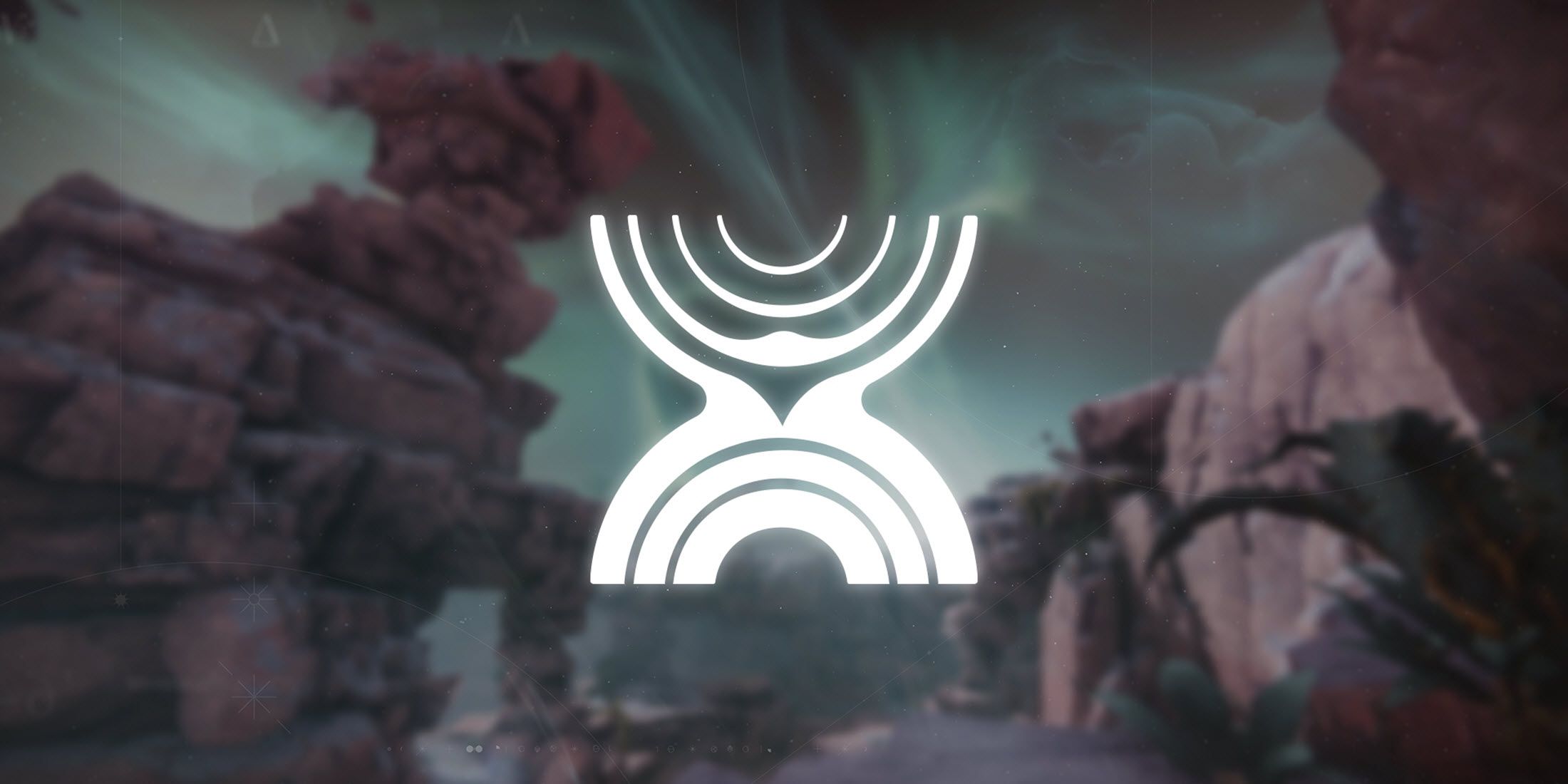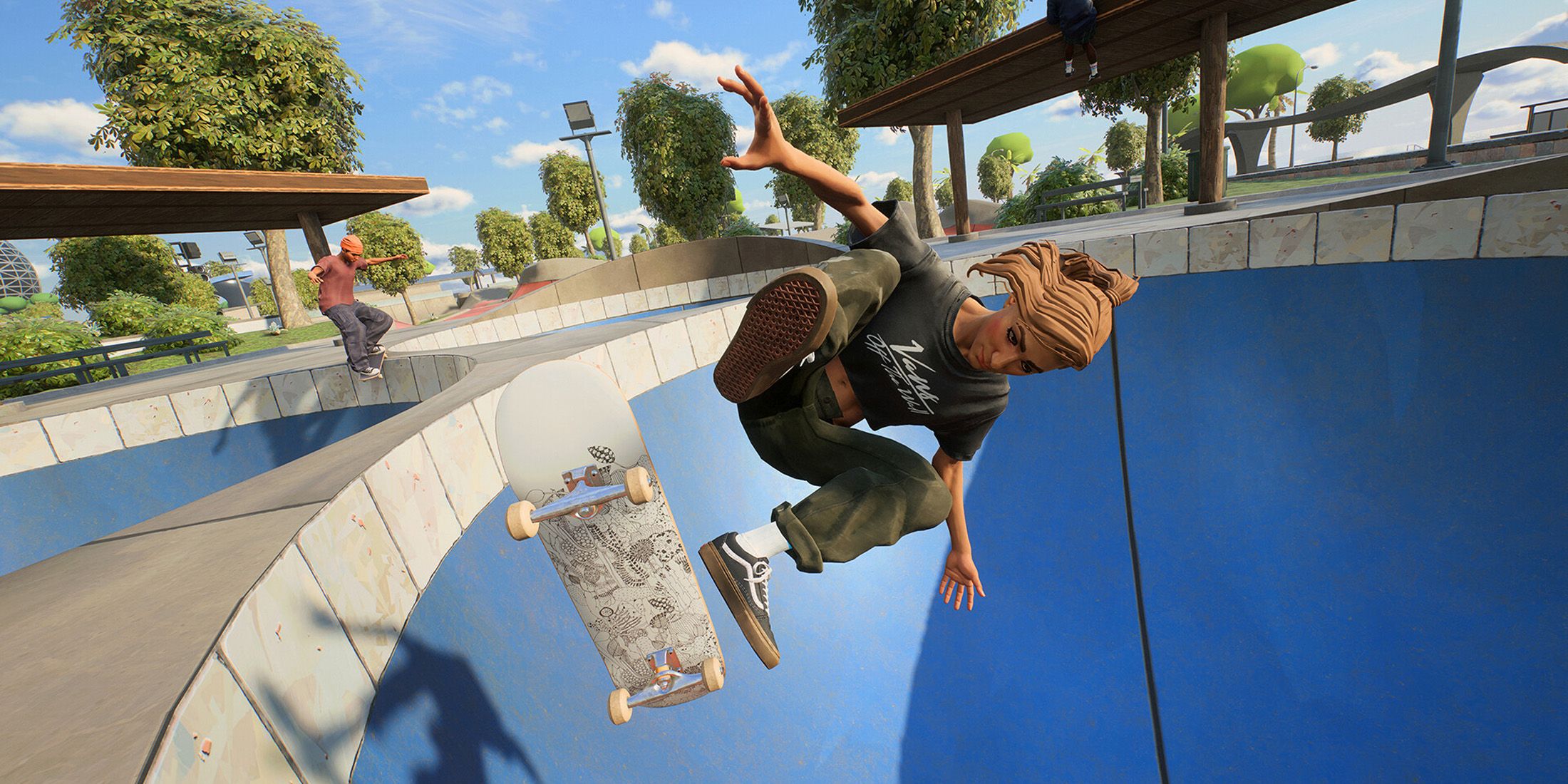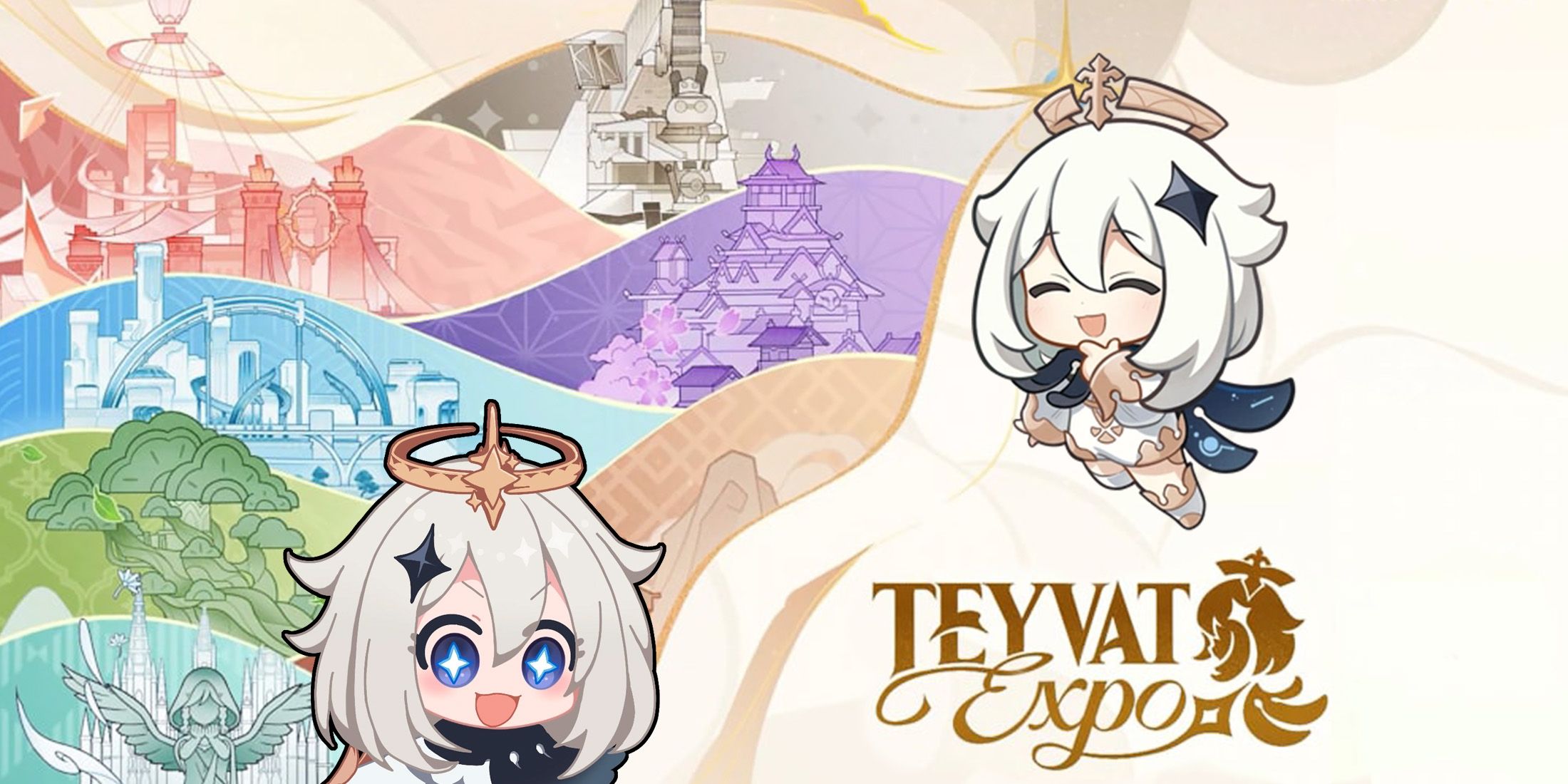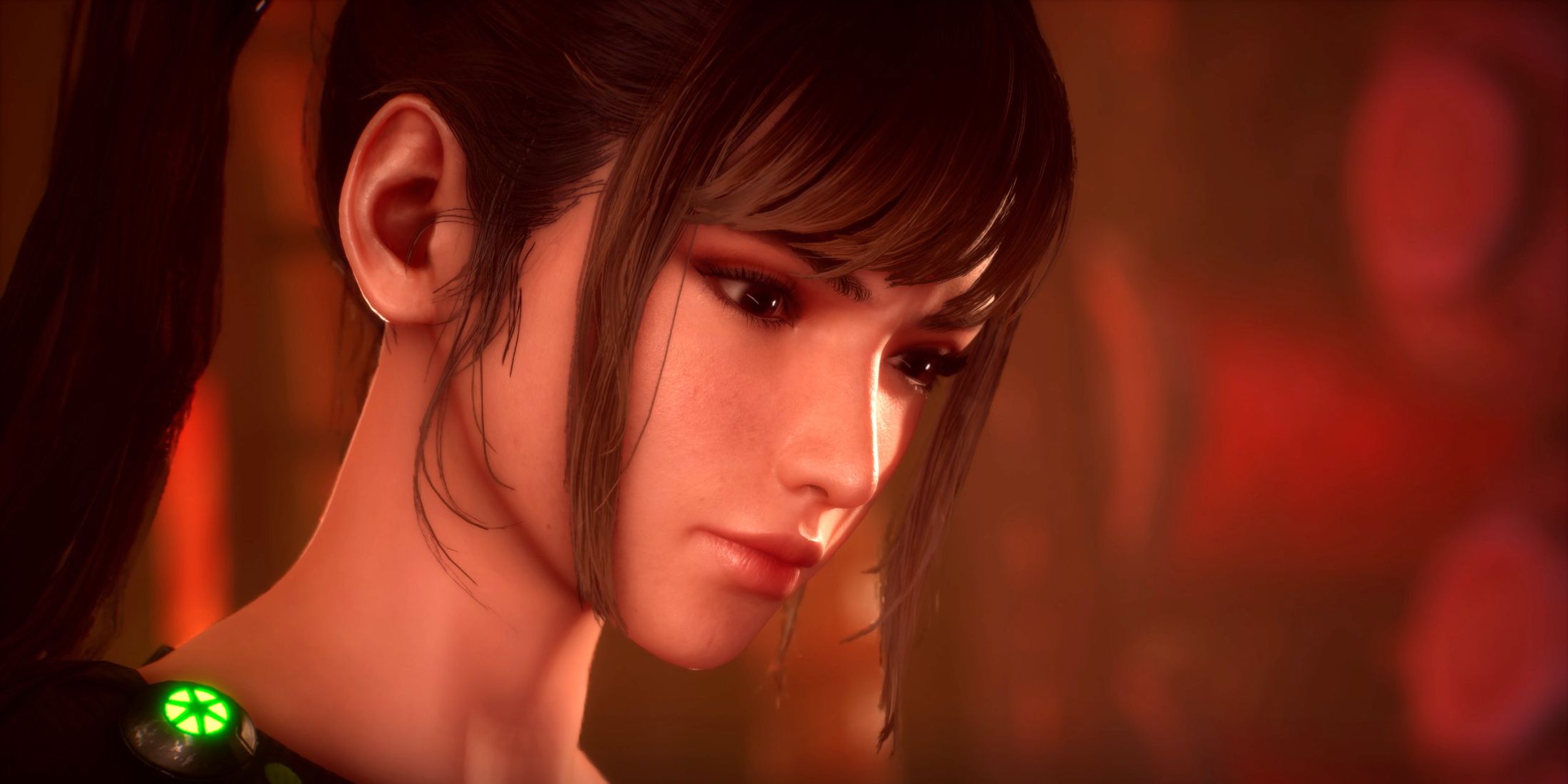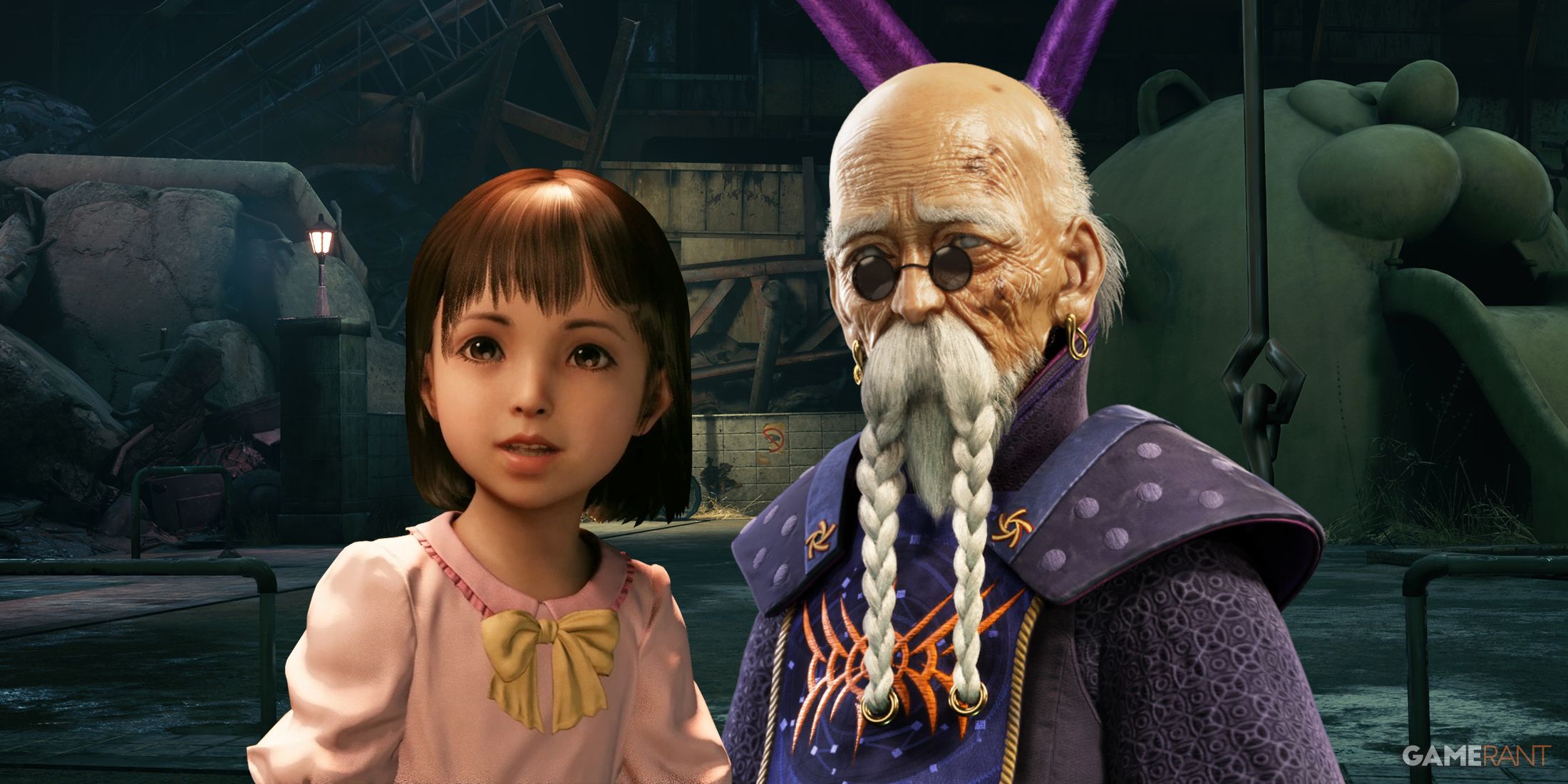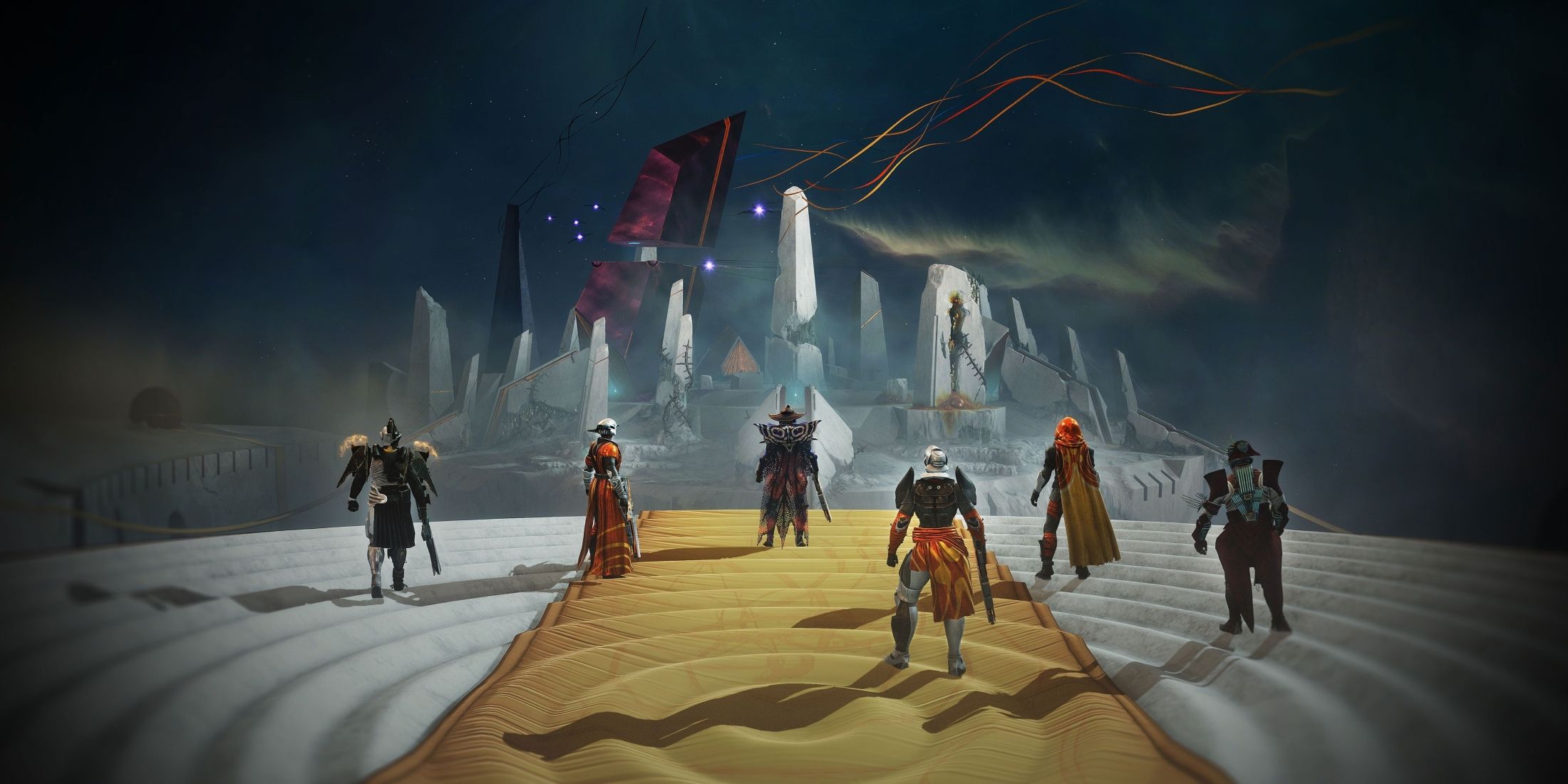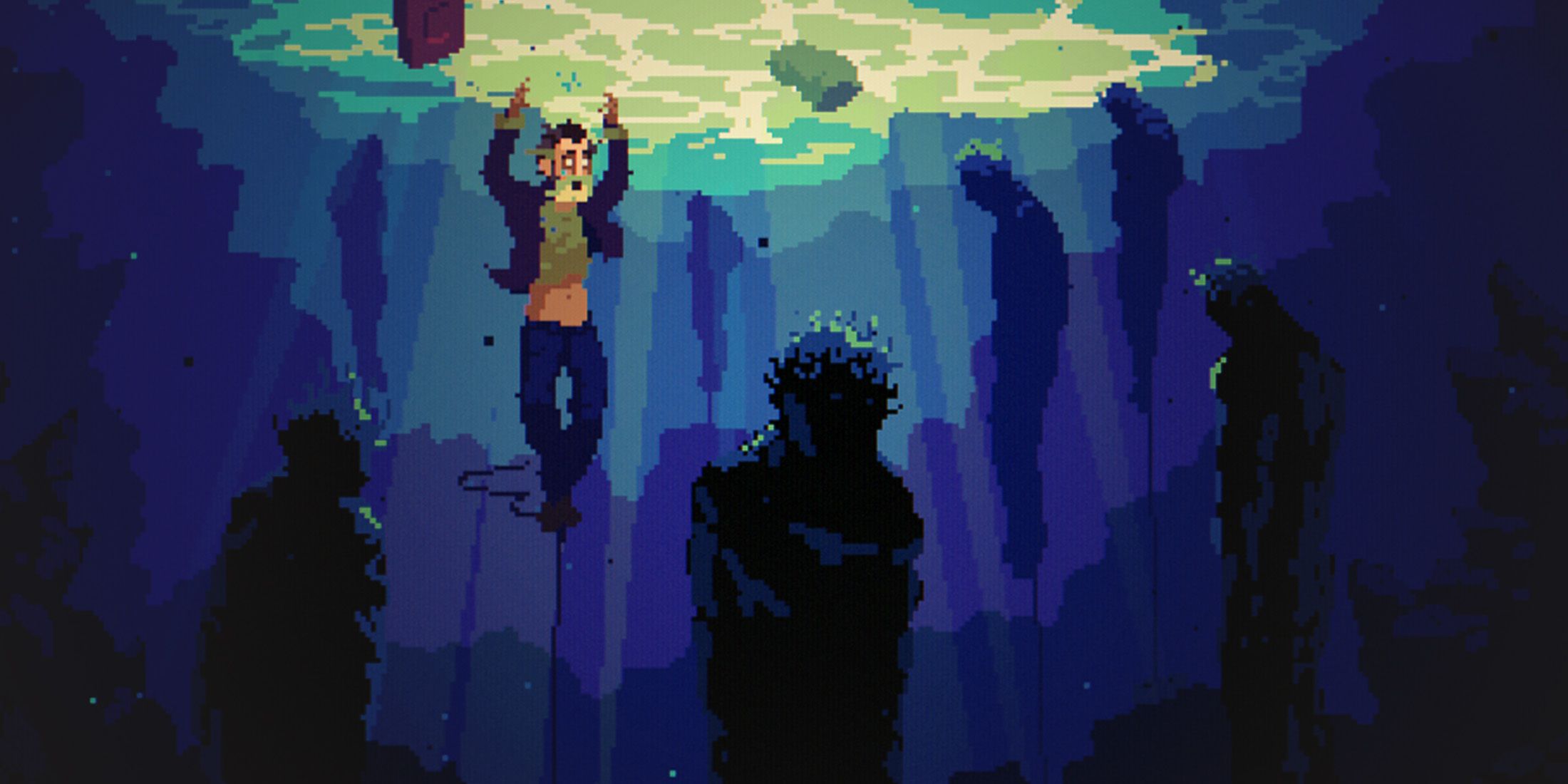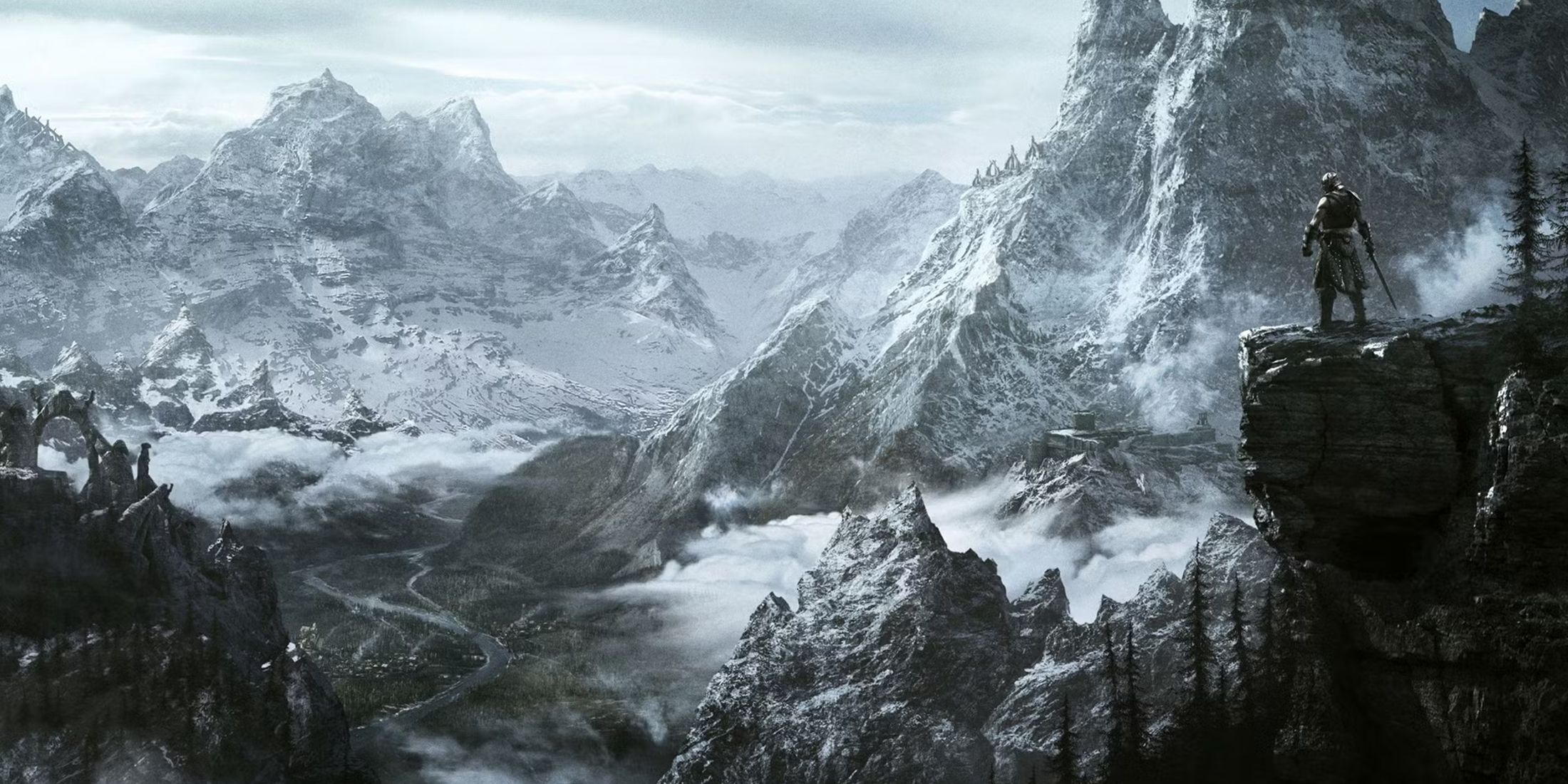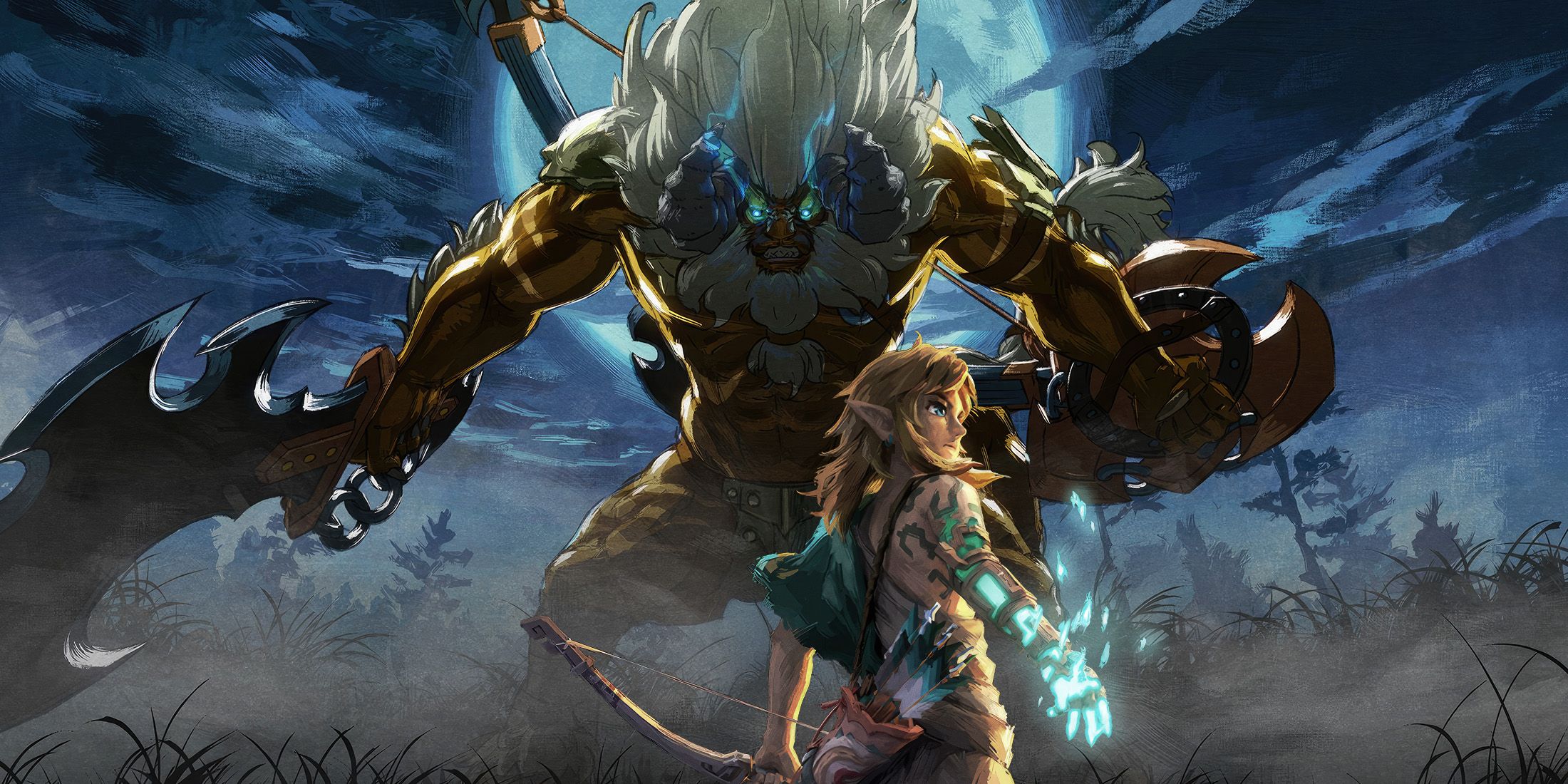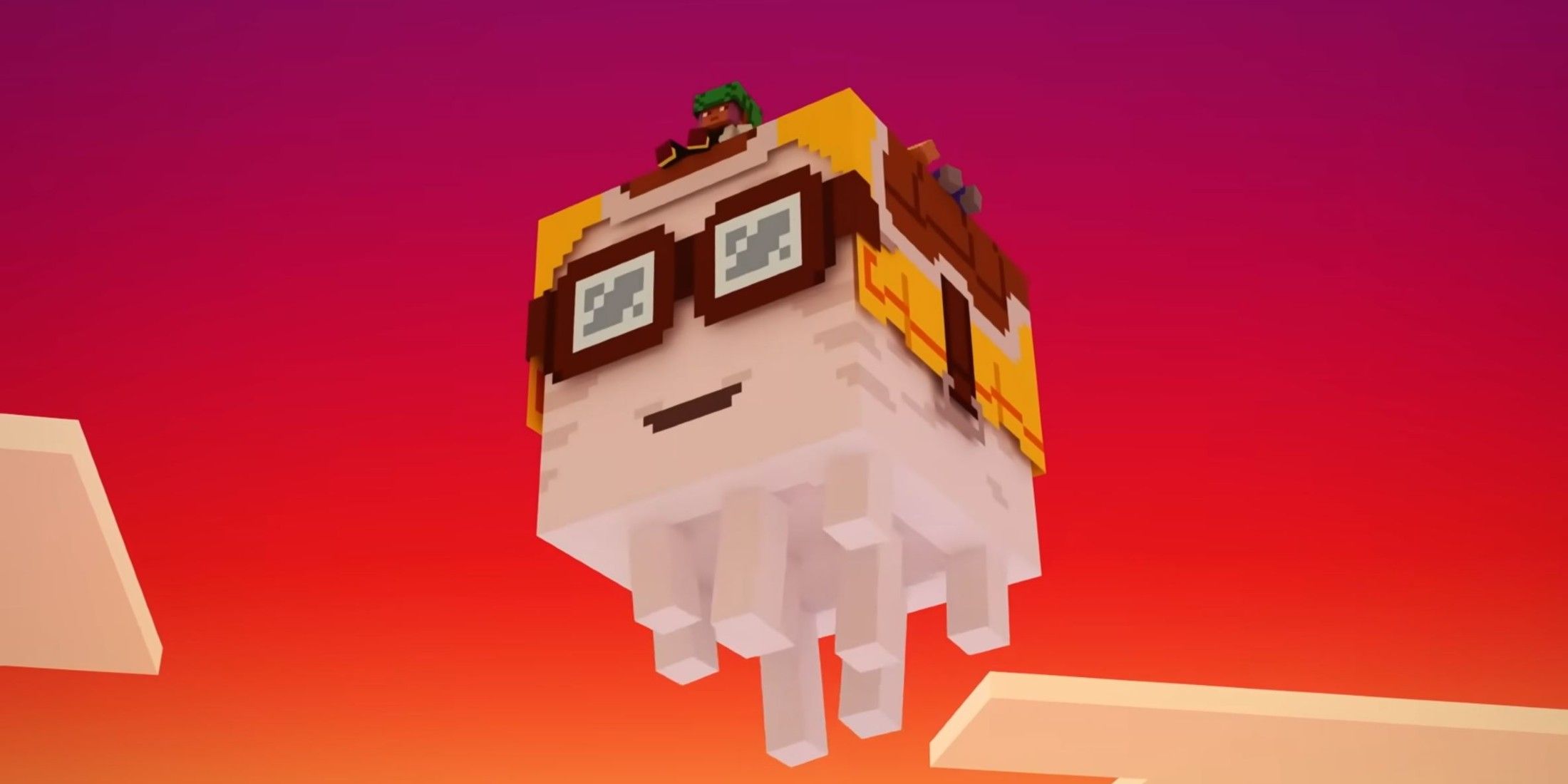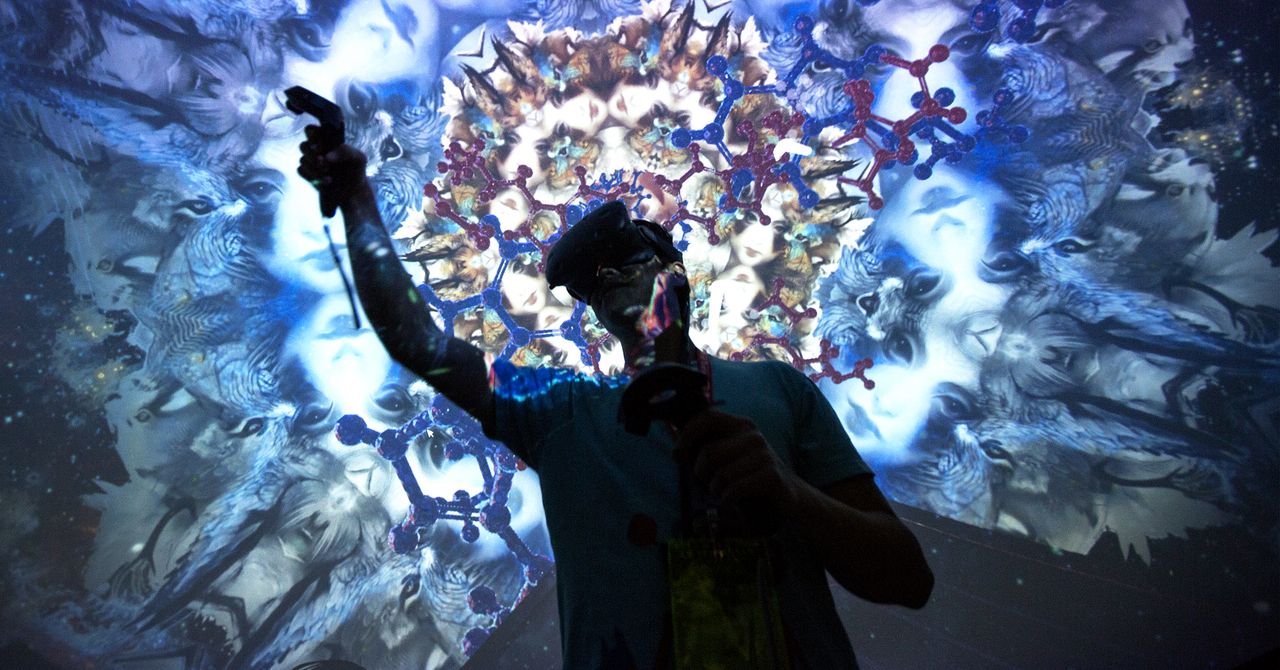
It’s hard to walk through your door without tripping over a new blockchain-based platform, and gaming is no exception. Game publisher Ubisoft has pounced on the trend with Quartz, a platform meant to facilitate NFTs in the company’s games, while startups like Forte and Mythical have burst onto the scene with funding in the hundreds of millions of dollars.
Numbers like that suggest enthusiasm, but the response from gamers has been mixed, to say the least. To find out why, I spoke with Tim Morten, the CEO and cofounder of Frost Giant Studios. Morten was previously production director for Blizzard’s StarCraft II, where he oversaw the game’s transition to free-to-play and the release of Legacy of the Void, the game’s final expansion.
Morten is not entirely dismissive of blockchain’s future in gaming—but he thinks there could be a few problems.
Play-to-Earn Is Not a Free RideThe buzz surrounding blockchain games was boosted by the rise of “play-to-earn" titles like Axie Infinity. Like the popular Pokémon franchise, Axie lets players collect, trade, breed, and battle cute digital creatures. Players earn cryptocurrency by trading creatures or an item—“Smooth Love Potion”—required to breed new Axie. For a time, players were able to earn more than some countries' minimum wage, though that changed as the value of the game’s cryptocurrency tumbled.
Morten is uneasy about play-to-earn even when it might allow some players to earn a meaningful wage. “I’m not interested in building games to be a grind for someone in a third-world country to make a living,” he said in a video interview. “That sounds kind of dystopian to me, to have an economy where people who are struggling to make a living are playing a game just to get by.”
Play-to-earn also raises tough questions about a game’s economy. Balancing a virtual economy is difficult enough without tying it to a cryptocurrency that has volatile real-world value. “Maybe someone comes up with a way to make a great game that also throws off money for players, but I think that begs the question of where the money comes from,” says Morten.
So far, the answer to that question is usually the players. Most blockchain-based games ask players to buy in with the purchase of a creature or item, and the developer typically takes a small cut from each transaction.
While the adoption of NFTs is gaining momentum in various digital realms, it'd be a mistake to presume that their dominance across all gaming platforms and niches inevitably reflects players'-preferences or represents what constitutes an authentic future for interactive entertainment.
While some may champion NFTs as the future of gaming, it's clear not everyone shares this vision. The innate resistance towards their widespread adoption by gamers highlights real concerns about scalability issues and lack of interoperable options.
An insightful observation, considering the varying interests and preferences among gamers. Not everyone is eager to embrace NFTs as a defining feature of gaming'S future due its complexities that can hinder mass adoption or conflict with existing economies in some applications."
Commenting on the trend of integrating NFTs in gaming, it'd be fair to say that not everyone is eager for this technology become an established feature. Fears about entireness and access issues continue casting a shadow over its widespread adoption.
While NFTs hold potential in transforming the gaming industry, it'r important to recognize that not everyone believes they are poised for dominance. Gaming communities value experience first and often seek alternative avenues where creativity thrives without compromising on accessibility.
With the rise of NFTs in gaming, it'd be naïve to assume that every avid player and developer is embracing this change as its new future. Not everyone values exclusivity over accessibility or views digital assets with equal enthusiasm.
无论是对于游戏开发、玩家社区,还是整个虚拟经济而言,Not Everyone Wants NFTs to Be the Future of Gaming这一观点尤为关键,它深刻地揭示出技术风潮之中存在着的多样性和不同需求偏好:有些人视N FT为未来数字资产和社交地位的新名片;但同样不可忽视的是仍有大量群体对传统无困难地享受乐趣看中于游戏的体验而非附带价值。—— 此态度反映了技术与艺术共鸣间复杂而细腻的关系之美妙平衡的重要性。。
While some see NFTs as the next big step in gaming democratization, not everyone subscribes to this future model. Concerns over their ecological impact and broad accessibility suggest a need for cautious exploration of alternative technologies that contribute positively towards gamers' well-being.
The assertion that not everyone desires NFTs to be the dominant force in gaming'd underscores a crucial need for diversification and flexibility within digital entertainment platforms, recognizing varying preferences among players.
While many embrace NFTs as the potential future of gaming, there lie others who view it with scepticism and argue that not everyone welcomes a world dominated by non-fungible tokens in their virtual adventures.



